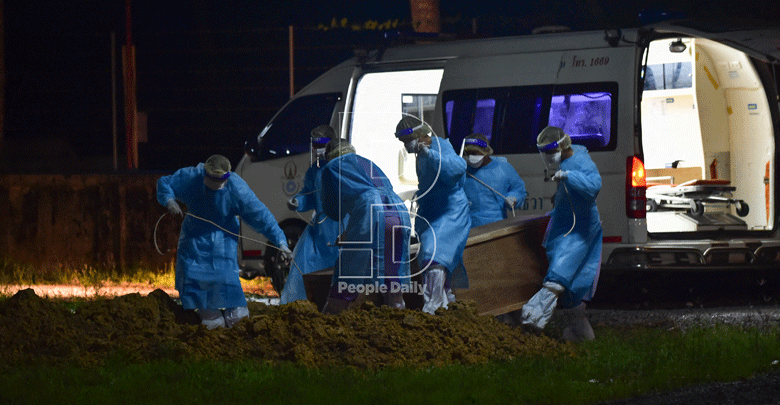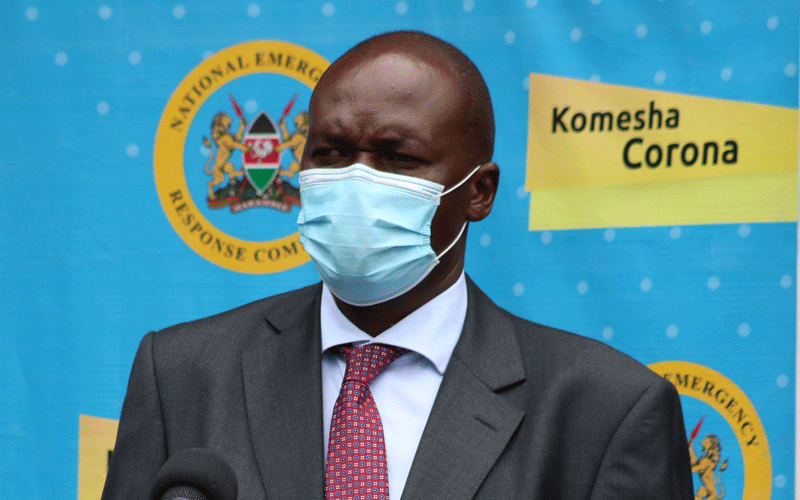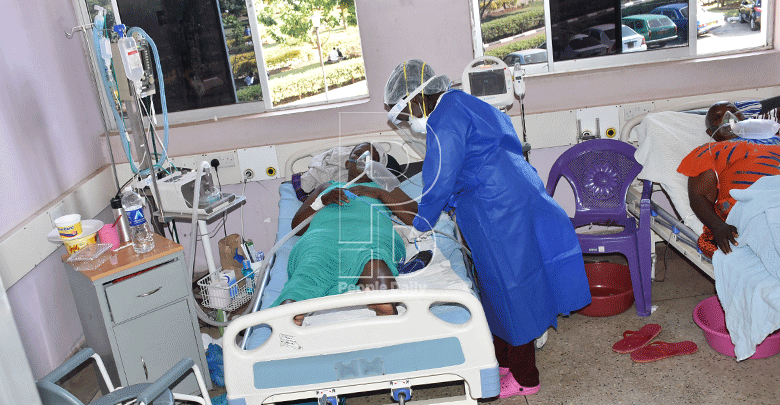Delta variant sweeps across Europe as restrictions ease

Another wave of Covid-19 infections, mostly driven by the Delta variant, is poised to sweep across Europe following its recent easing of restrictions and resumption of cross-border travels.
While some countries, undaunted by the worrying signs, decided to further relax restrictions, many others again tightened sanitary measures to the disappointment of holiday-making crowds, as authorities see no other solution even though they rely heavily on tourist consumption.
Reassured by mass vaccination, fewer patients in intensive care and a dwindling number of deaths since late spring, many European countries have recently announced easing of restrictions that had been introduced to slow down the spread of Covid-19.
Seeing the summer season as a golden opportunity to revitalise local economy, the European Union (EU) introduced its Digital Covid certificate on July 1, in another effort to facilitate free travels following last year’s initiative known as Re-open EU, an online platform that contains the essential information to help drive a safe relaunch of free movement and tourism across Europe.
Spain, hoping to attract 17 million foreign tourists during the summer, eased previous restrictions as its Corona situation improved.
Greece, highly dependent on tourism income, relaxed rules on masks, curfews and limits on the number of visitors to beaches late last month.
Entire country
Sanitary restrictions have also been eased in Italy, one of the first European countries hit by the pandemic last year.
Albeit not a member of the EU, the United Kingdom (UK) has probably the most far-reaching plans for reopening.
Dubbed “Freedom Day” by British Prime Minister Boris Johnson, July 19 is the date when the entire country is set to open up, and restrictions on the number of people gathered in private homes and the work-from-home guidance, introduced 16 months ago, will be lifted.
On the heel of easing restrictions and reopening Europe came a resurgence of Covid-19 infections across the continent.
“Last week, the number of cases rose by 10 per cent, driven by increased mixing, travel, gatherings and easing of social restrictions,” said Dr Hans Henri P Kluge, the World Health Organisation’s (WHO’s) Regional Director for Europe, in a statement Thursday.
Malta has also reported a daily increase of new infections. Last week, the number of cases went from single digit to double digits.
All of Portugal and most of Spain have turned red again on the latest update of the European Centre for Disease Prevention and Control (ECDC)’s travel map on Thursday.
Meanwhile, Cyprus has fallen into the most worrying category, marked in dark red.
The rest of the EU/European Economic Area is largely green, except for parts of the Netherlands, Ireland, some of the Greek islands, Norway and Sweden.
There are, however, signs that this may soon change for the worse. Besides the summer holidays, travels prompted by the Union of European Football Association (UEFA) European Championship have also increased transmissions.
As the matches have been played in different venues across the continent, some fans visited more than one city to cheer for their teams.
Until July 3, nearly 2,500 cases had been discovered among the fans who watched the games in person, ECDC said in a report.
According to WHO’s monitoring tool WHO Euro 2020 Explorer, the number of infections has surged in several host cities including St. Petersburg in Russia, Baku in Azerbaijan, Copenhagen in Denmark, and London and Glasgow in Britain.
One typical example is Finland, where the number of newly confirmed infections nearly doubled in the last week of June.
Same magnitude
According to the Finnish Ministry of Social Affairs and Health, the increase was especially noticeable among younger age groups, with over 35 per cent of the new cases diagnosed among people aged 20-29. 40 per cent of the new cases were directly associated with fans who had attended the European Championship in St. Petersburg.
ECDC recently warned that the Delta strain may account for 90 per cent of all new cases in August.
They also expressed fears that it may lead to a surge in both hospitalisations and deaths to reach the same magnitude as late last year.
Facing an apparently worsening situation caused by the Delta variant, some European countries have once again tightened restrictions.
One such example is Greece, where authorities on Tuesday announced the reintroduction of restrictions on entertainment after a recent spike in new Corona infections.
On July 5, Norway announced that its plan to fully reopen the society would be delayed, due to concerns that the Delta variant may cause another wave of Covid infections, especially among those who have not yet been vaccinated.
Spain’s Catalonia region said on July 6 that it would introduce new restrictions as from July 9, such as the closure of nightclubs. The regional authorities also called on the central government to once again make masks mandatory in public spaces. —AFP












